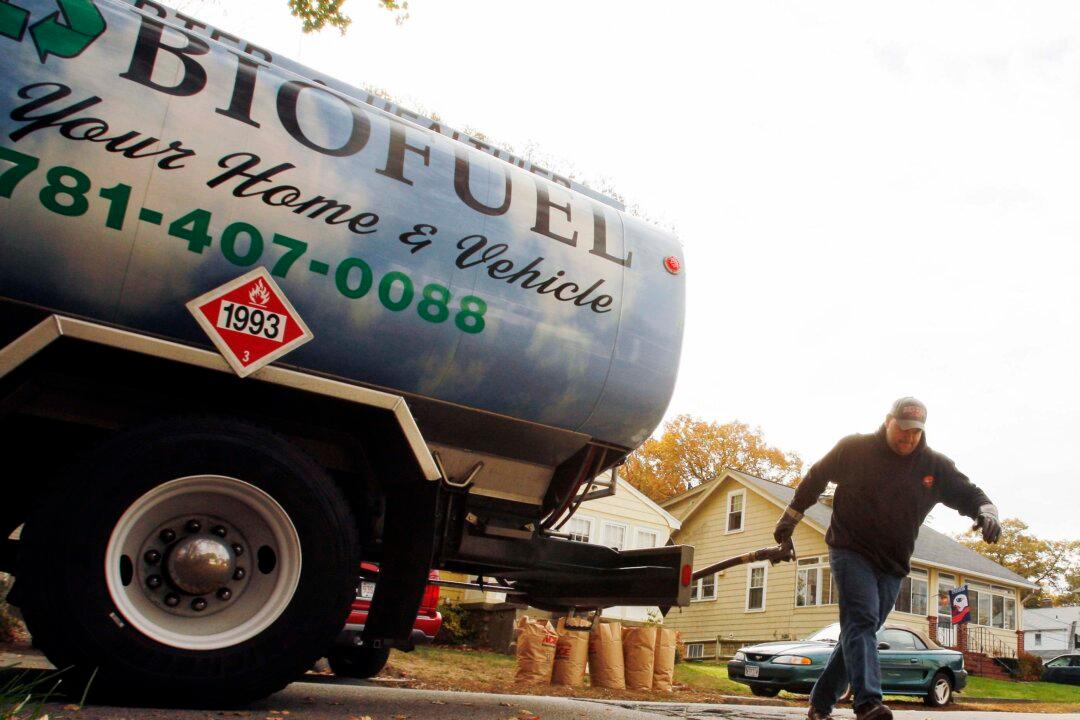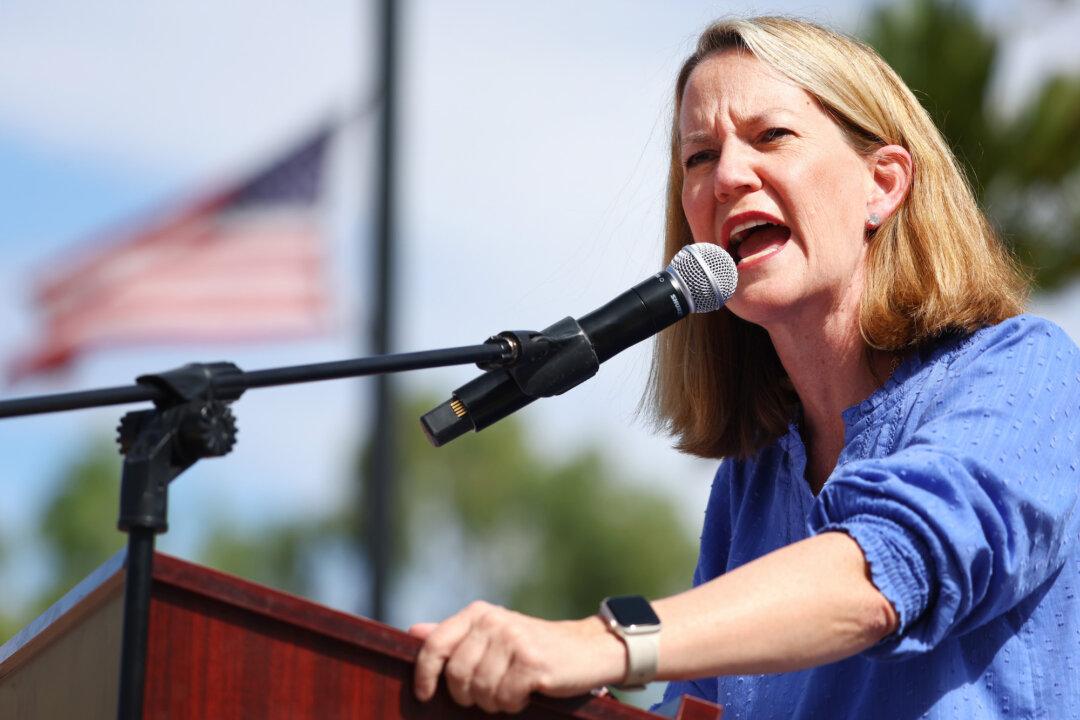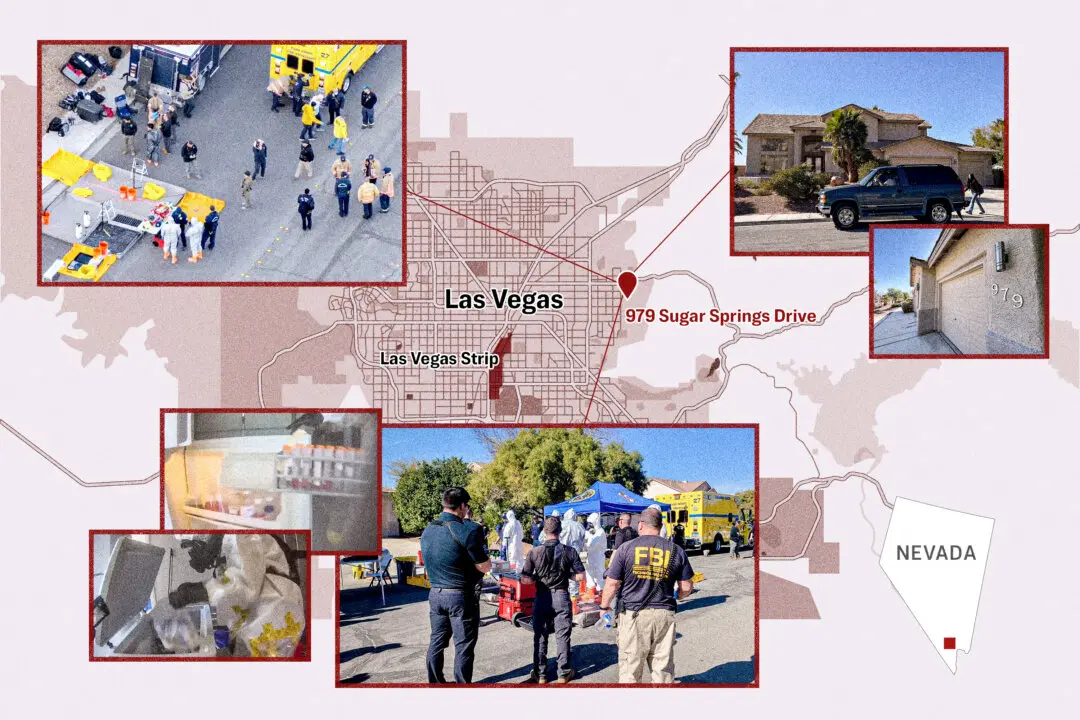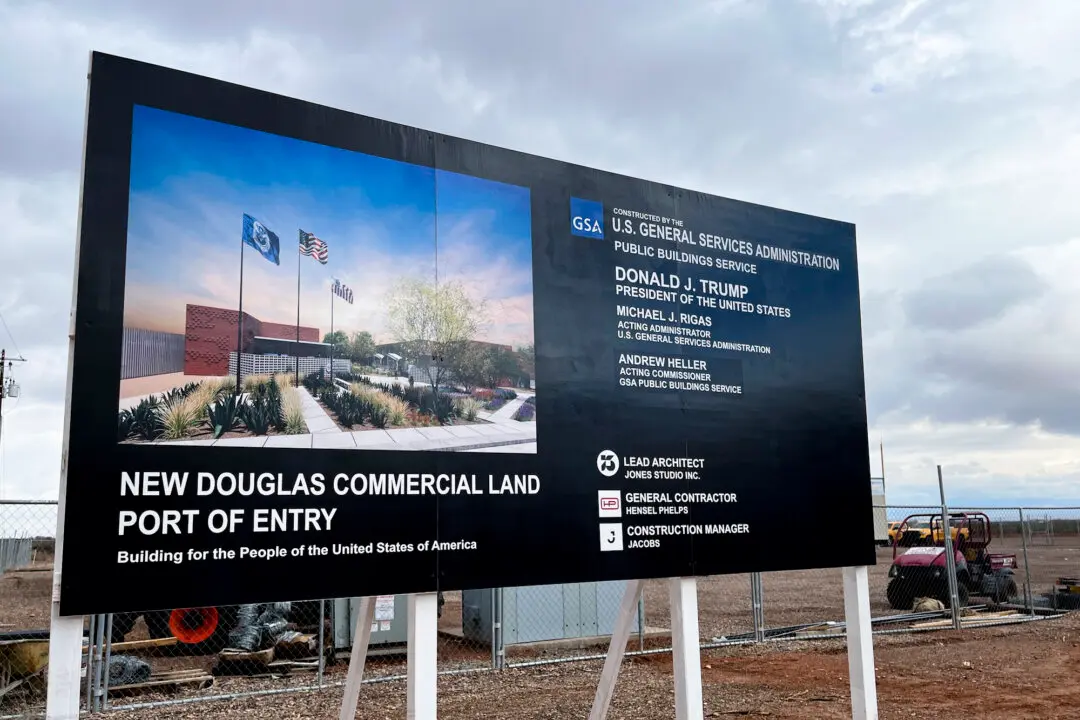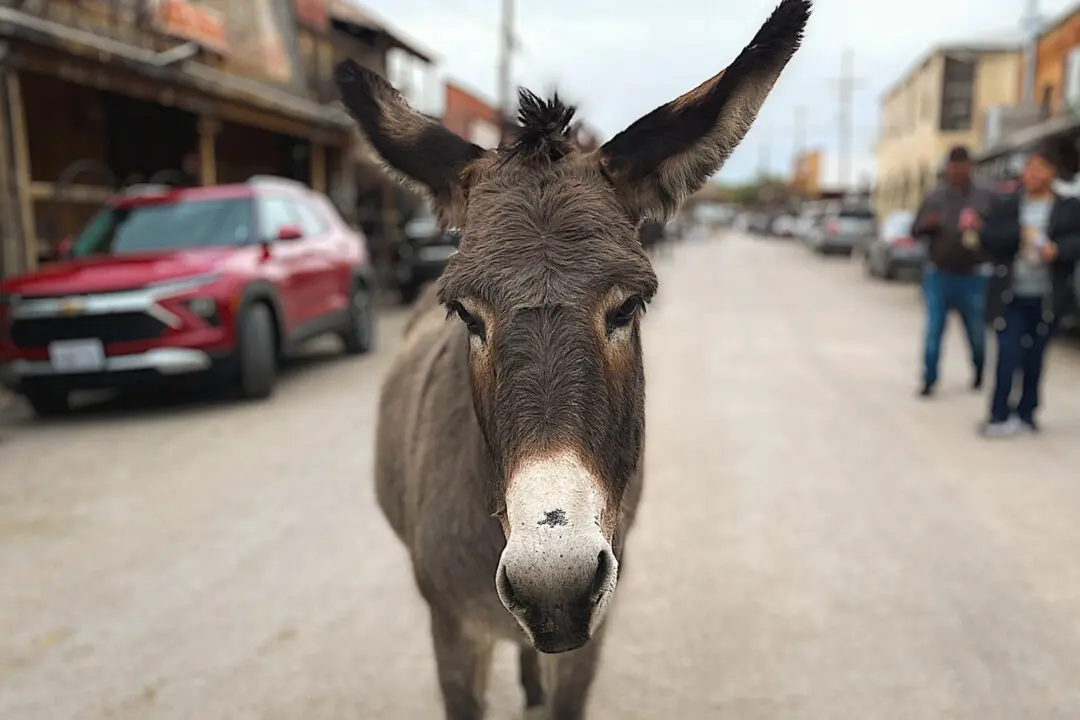A Texas-based company wants to build a large-scale carbon capture network across five states in the U.S. Midwest to help its customers reduce their greenhouse gas emissions.
Navigator Heartland Greenway, of Dallas, announced it had entered into contracts with two industry-affiliated companies to begin site development for the proposed multibillion-dollar pipeline project.
